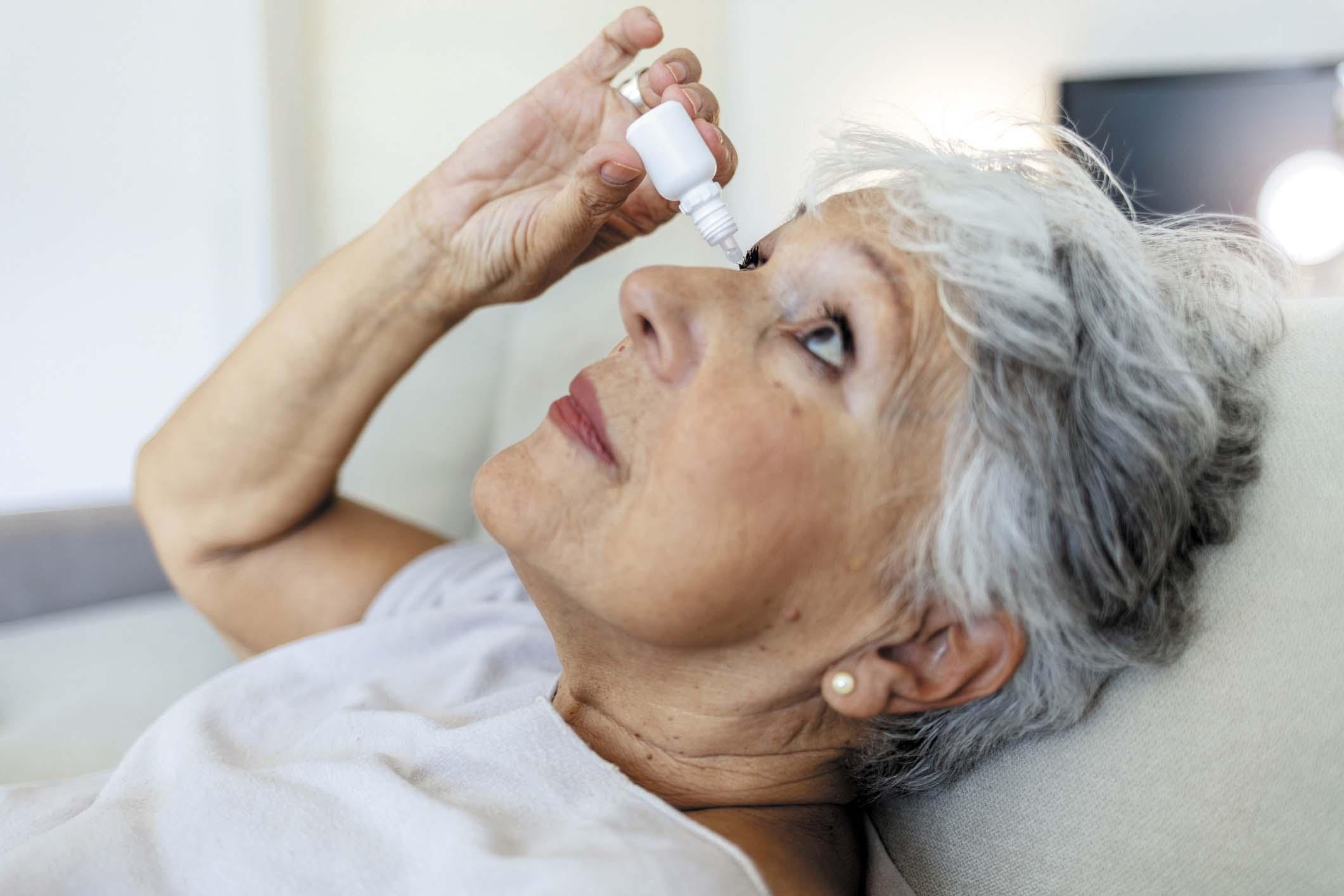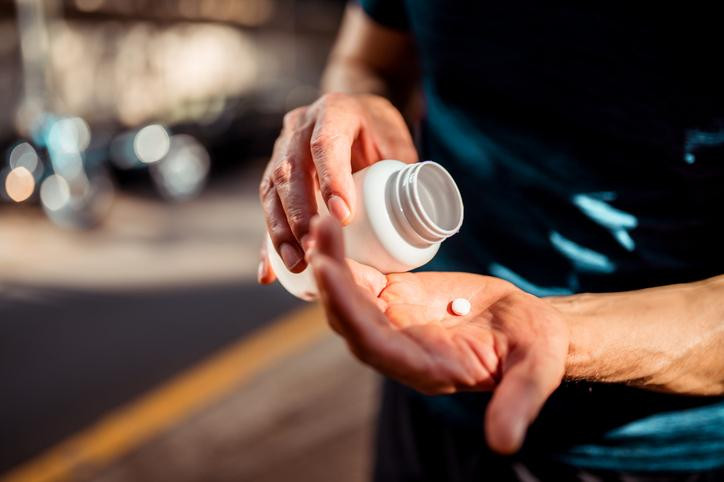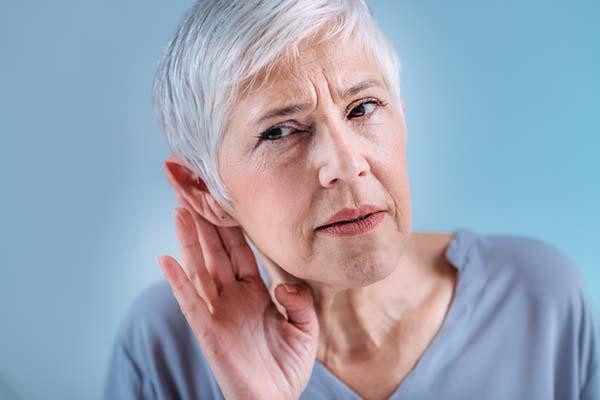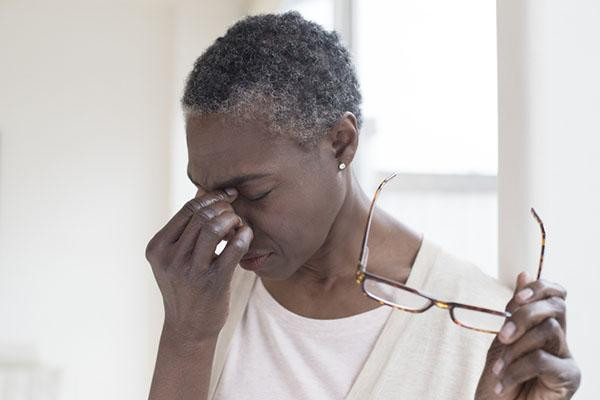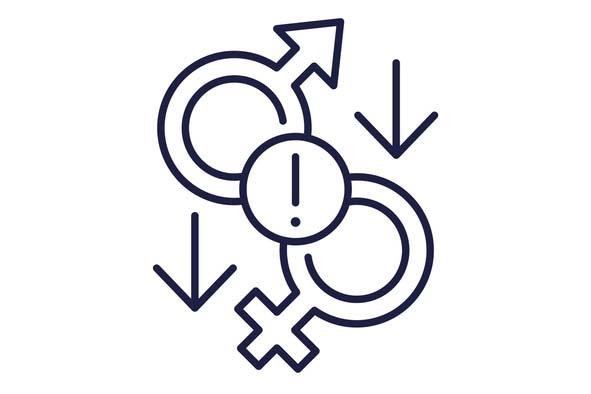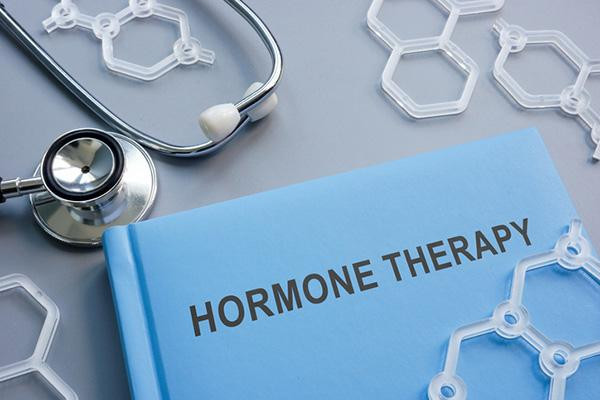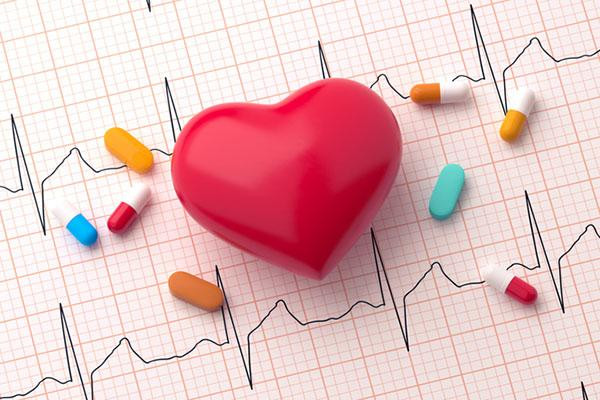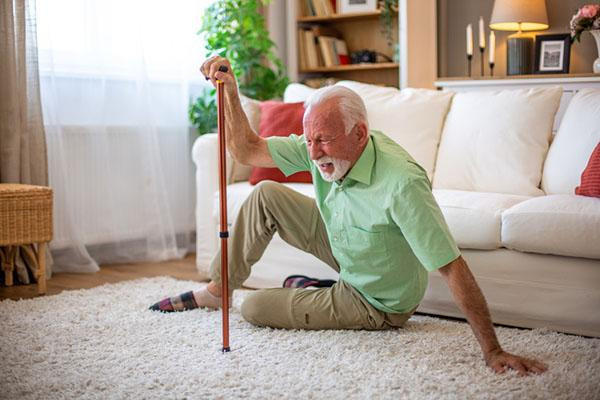
How does prostate cancer treatment affect mental health?

5 timeless habits for better health

What are the symptoms of prostate cancer?

Is your breakfast cereal healthy?

When pain signals an emergency: Symptoms you should never ignore

Does exercise give you energy?

Acupuncture for pain relief: How it works and what to expect

How to avoid jet lag: Tips for staying alert when you travel

Biofeedback therapy: How it works and how it can help relieve pain

Best vitamins and minerals for energy
Medications Archive
Articles
The incontinence tool kit
Several tools can help people with incontinence stay dry and comfortable. Tools can include medications; basic supplies, such as protection pads, leakproof underwear, adaptive clothing, and portable urinals; bedwetting alarms; and bathroom locator apps. Some of the most important tools aren’t pills or gadgets, but strategies—such as controlling underlying conditions that can lead to incontinence (such as diabetes), weight loss, lifestyle or behavioral changes, and pelvic floor training.
Can eye drops restore your close-up vision?
Prescription eye drops, such as pilocarpine hydrochloride (Vuity, Qlosi) and aceclidine (VIZZ), can ease blurry close-up vision that occurs in middle and older age. The eye drops temporarily shrink the eye’s pupil, which focuses light and makes near vision sharper. The eye drops are considered generally safe to use daily or occasionally, depending on preference. However, they can have side effects, such as dim vision and headaches. In rare cases, they might cause retinal problems.
Study suggests risks outweigh benefits of a widely used prescription painkiller
A 2025 analysis of 19 randomized controlled trials involving 6,500 people found that tramadol, a widely prescribed opioid drug, was only mildly effective at reducing chronic pain. It increased the risks for both mild and serious side effects, including heart problems.
The new blood pressure guidelines: What you need to know
The 2025 blood pressure guidelines recommend starting drugs to treat hypertension if people don’t meet blood pressure goals after three to six months of lifestyle changes. The guidelines also recommend that everyone with high blood pressure be screened for primary aldosteronism, and suggest that people with resistant hypertension (stubbornly high blood pressure) consider renal denervation, a procedure that disrupts some of the nerves around the arteries supplying blood to the kidneys.
Ototoxic drugs: Medications that may harm hearing
The term ototoxicity describes inner ear damage from drugs that can cause tinnitus (ringing in the ears), and affect hearing and sometimes balance. Medications more likely to cause ototoxicity include aspirin; the antibiotics azithromycin and clarithromycin; certain chemotherapy drugs; loop diuretics such as furosemide (Lasix); and some biologics. These drugs can damage hearing by injuring hairlike projections in the inner ear. People taking ototoxic drugs should get their hearing tested before, during, and after using the drug.
Coping with dry eyes
Dry eye disease is broken down into two types: In aqueous-deficient dry eye, the eyes don’t produce enough tears. In evaporative dry eye (sometimes called meibomian gland dysfunction) there are enough tears, but they’re unstable and evaporate too quickly. Dry eye symptoms include eyes that feel gritty, sandy, stinging, burning, scratchy, tired, or sensitive to light. People with symptoms often forgo seeing a doctor. Artificial tears are an effective starting point for many cases of dry eye.
Is your medication killing your sex drive?
Low libido can include both less desire for and less satisfaction with sex. A variety of medications can dampen sex drive by altering hormone levels or nerve signals, dulling sensation in the genitals, or triggering fatigue or mood changes. They include some antidepressants, cardiovascular drugs, antihistamines, antiseizure drugs, opioids, chemotherapy, hormone blockers, oral contraceptives, and fertility drugs. People whose medications affect their libido can ask their doctor to adjust the dose or timing or substitute another drug without sexual side effects.
FDA removes menopause hormone therapy black box warnings
After an FDA panel was convened to review black box warnings on menopause hormone therapy, which includes both systemic and vaginal estrogen treatments, the FDA announced in November 2025 it would remove black box warnings from all hormone therapy products containing estrogen. Women considering hormone therapy should discuss their individual health risks with their doctor — such as a history of heart attack or stroke, a blood clot in the legs or lungs, hormone-sensitive cancer, active liver disease, and overall breast cancer and cardiovascular risks.
When and why you need drugs for atrial fibrillation
Many people with atrial fibrillation (afib) — a rapid, irregular heart rhythm — need to control symptoms, such as the feeling that the heart is racing or fluttering. Medication options include drugs that slow down the heart or help restore its rhythm. Because afib can also increase the risk of blood clots that can lead to a stroke, many of these people also need to take clot-preventing medications.
4 types of medication that may increase your chance of falling
Four classes of drugs commonly prescribed to older adults—opioids, benzodiazepines, gabapentinoids, and antidepressants—may be driving the dramatic rise in deadly falls over the past three decades. Known as fall risk–increasing drugs (FRIDs), these drug classes affect brain function and can make people feel sleepy, dizzy, or confused—all of which can leave them vulnerable to falling. People currently taking these drugs shouldn’t stop taking them abruptly, as doing so may cause withdrawal symptoms. People should ask their primary care clinician to review all their medications at least once a year.

How does prostate cancer treatment affect mental health?

5 timeless habits for better health

What are the symptoms of prostate cancer?

Is your breakfast cereal healthy?

When pain signals an emergency: Symptoms you should never ignore

Does exercise give you energy?

Acupuncture for pain relief: How it works and what to expect

How to avoid jet lag: Tips for staying alert when you travel

Biofeedback therapy: How it works and how it can help relieve pain

Best vitamins and minerals for energy
Free Healthbeat Signup
Get the latest in health news delivered to your inbox!
Sign Up

